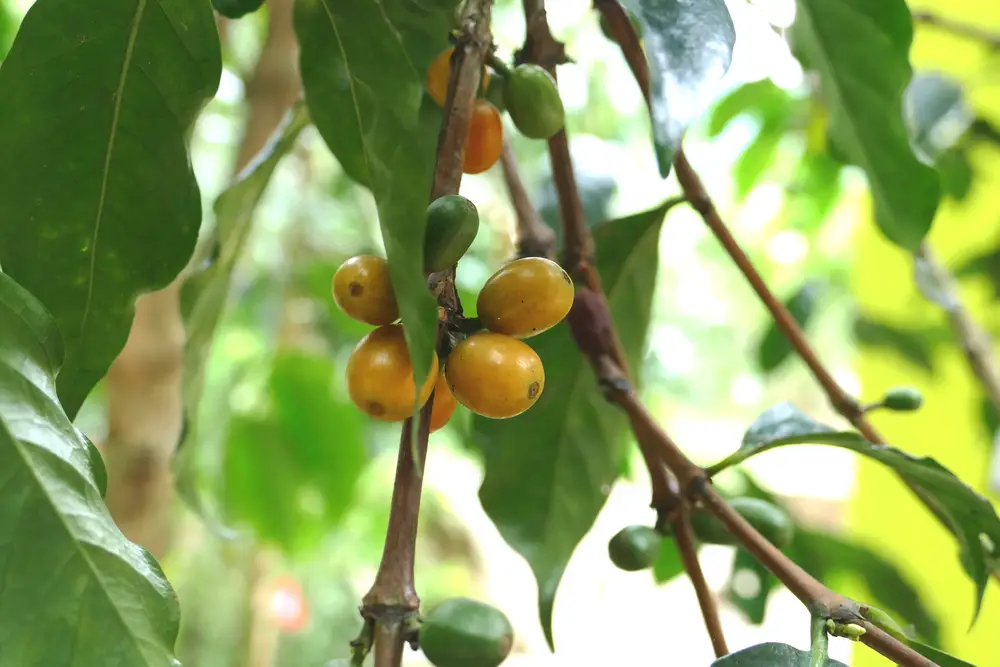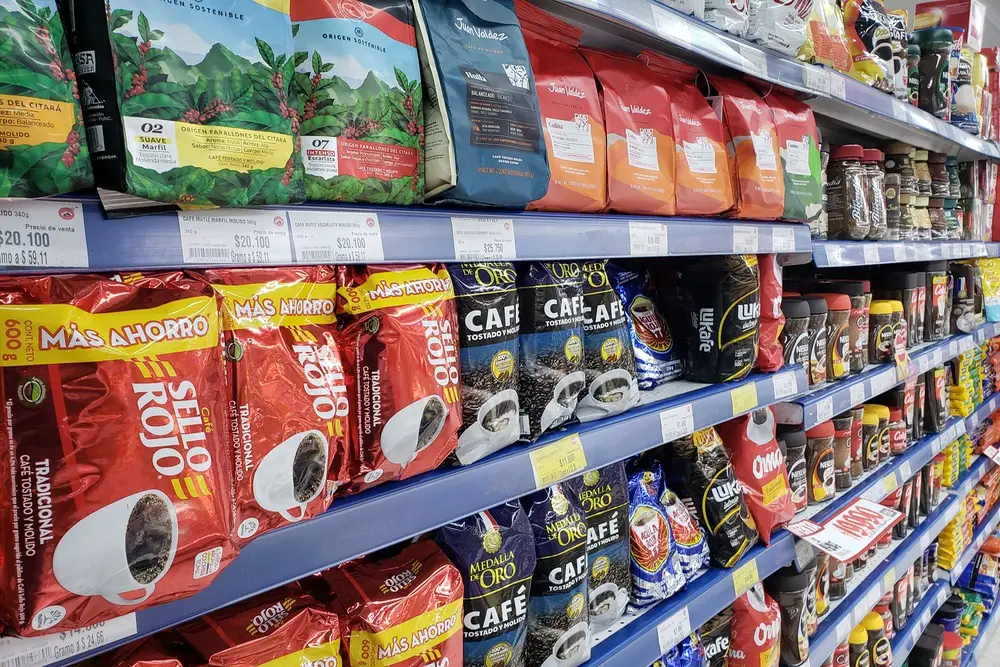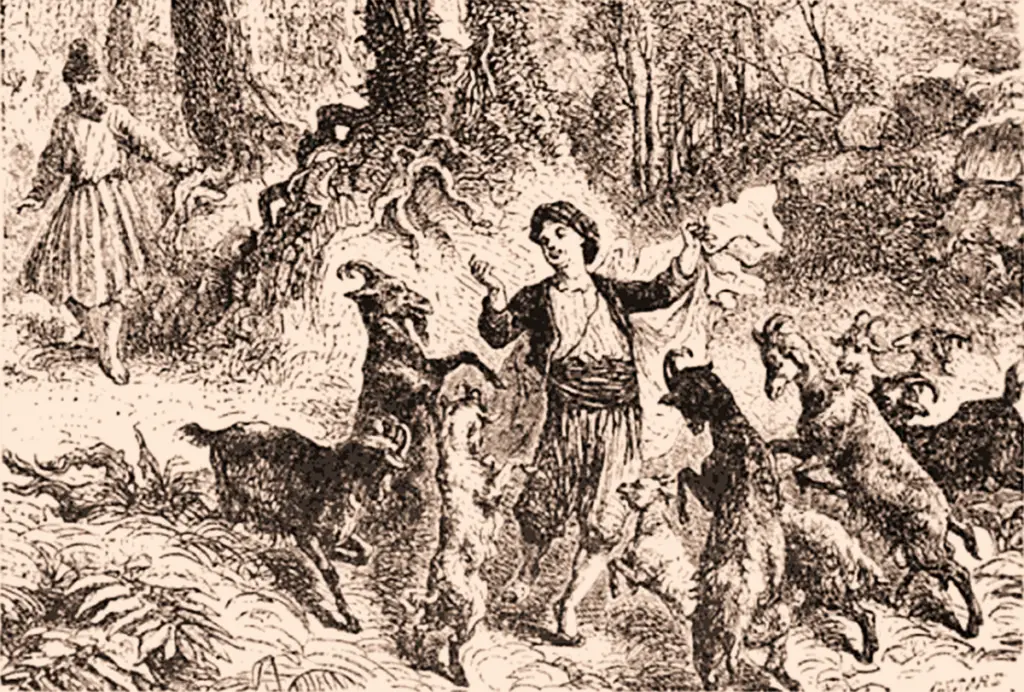Rugali coffee comes from Rwanda, located in Central Africa. The country has 13 million inhabitants and is situated next to Uganda, Tanzania, Burundi and the Congo.
Table of Contents
Rugali
Rugali is a washing station on the banks of Lake Kivu in the Nyamasheke district of western Rwanda.
Since its inception in 2016, Rugali has earned a privileged place among specialty roasters around the world thanks to the delicacy and quality of the coffee it produces.
Here are a few things you should know about Rugali:
- Rugali was the first station to sell naturally prepared coffee.
- Rugali has 124 drying beds, 1,150 affiliated growers and more than 180 workers at harvest time.
- The Rugali washing station is one of two licensed in Rwanda for the production of natural and honey-infused coffee. This process is monitored by the National Agricultural Export Development Board (NAEB).
- In early 2019, the Rugali team built a new mill that took quality control to a new level.
- The Nyamasheke District, where the Rugali Wash Plant is located, is between 1,450 and 1,600 meters above sea level.
- The Rugali conditions are ideal to ensure optimal drying after peeling. During the dry season, daytime temperatures can reach 28 to 30 degrees, while nighttime temperatures can drop to as low as 12 degrees. These temperature variations allow for slow and gradual drying.
- Rugali railway station is close to its smaller sister station, Kilimbi.
- The coffee at the Rugali washing station is changed every hour during the day.
- At Rugali, coffee is placed on raised drying beds between 12:00pm and 3:00pm to ensure maximum sun exposure as this is the hottest time of the day.
- Rugali coffee has been used in major coffee competitions around the world.
Coffee processing in Rugali
- 140 smallholder families are responsible for the cherry harvest.
- The cherries are carefully sorted by hand.
- After the coffee arrives at the station, it is placed in an airtight tank.
- The coffee is then covered with a cloth onto which cold water is poured to create a cushion of water that separates the low-density cherries.
- The coffee is fermented for 48 hours.
- After fermentation is complete, the coffee is rinsed, then drained and finally dried on raised beds for about 4-5 weeks.
- Grass and weeds in the drying area are removed from the underside of the beds to ensure no additional moisture rises during the drying process.
- The beds are set in an open plan so the coffee gets plenty of air and sunlight.
General information Cafe Rwanda Rugali
Region: Western Province
Variety: 100% Red Bourbon
Harvest time: April – June
Farmers: 1150 active members
Tasting Notes: It has a very delicate acidity, notes of caramel, black tea, bergamot, brown sugar and grapefruit are evident.
USD per kg of cherry: 0.33 USD/kg
Rating: 87
Moisture content: 75 – 85%.
Rwanda
The “land of a thousand hills”, as Rwanda is also known, has developed into one of the safest and most prosperous countries in all of Africa. Rwanda is among the 10 most stable and fastest developing economies on the African continent.
Today, Rwandan coffee is one of the best on the African continent.
In fact, the coffee industry has been able to consolidate in recent years thanks to the government’s leadership, which has created a strategic plan to carry out educational projects that have yielded great results.
Here are some interesting facts about this country related to coffee that you probably didn’t know:
- In Rwanda there are about 420,000 people directly or indirectly related to the coffee industry.
- Rwanda is one of the 30 largest coffee producers in the world.
- Coffee was brought to Rwanda by German missionaries in the early 1900s and has been continuously grown ever since.
- About 95% of Rwanda’s coffee crops are of the Bourbon Arabica variety, although small amounts of varieties such as Caturra , Catuai and Bourbon Mayagüez are also grown.
- Rwanda has diverse ecosystems where tropical forests, volcanoes, lakes, wetlands, savannas and plains are found.
- In 1994, the hegemonic Hutu government authorized hundreds of thousands of systematic killings that wiped out 75% of the Tutsi population. In the aftermath of this tragedy, organizations such as the Partnership to Promote Rwanda’s Agriculture (PEARL) and the Sustainable Partnerships to Promote Rural Enterprise and Agricultural Development (SPREAD) were formed. The United States Agency for International Development (USAID) funded these organizations to help Rwanda revitalize its agriculture.
- Given the low level of industrialization in Rwanda, agriculture is the most important industry for the population.
- Coffee is among the top 5 industries that account for the largest share of Rwanda’s exports.
- Rwandan coffee shares characteristics similar to other East African coffees, e.g. B. from Kenya and Zimbabwe. It tends towards an aroma between floral and citrus notes, with a silky body and a pleasant acidity.
- All Rwandan coffee is shipped overland to the ports of Mombasa in Kenya or Dar el Salaam in Tanzania, from where it is distributed around the world.
- Most of the green coffee is processed wet in cooperative washing systems used by numerous coffee farmers.
- More than 99% of the coffee produced in the country is exported.
- It is estimated that there are around half a million coffee farmers in Rwanda.
- Quality coffee prices in Rwanda are more stable than commercial coffee, which has improved the quality of life for a large proportion of coffee farmers and their families.
- The fertile, mountainous soils in the country’s high altitudes are decisive for the taste of Rwandan coffee.
- Coffee has enabled the reconciliation of the main ethnic groups: Tutsis and Hutus, who have worked hand in hand to produce more and better coffee in recent years.
- There are more than 240 washing stations in Rwanda.
- In 2018, Rwanda produced 33,069,000 pounds of green coffee and exported nearly 100% of that amount, making it Rwanda’s top export in the country’s history.
- The coffee plants in Rwanda flower from September to October and the coffee is harvested and processed from March to July.
- In 2000, the authorities conducted a feasibility study through the United States Agency for International Development (USAID), which found that there was a great need to set up washing stations and train coffee farmers due to a lack of knowledge and resources.
- A large proportion of Rwandan exports go to Japan.
Most important cultivation areas in Rwanda
Camegeri
- Located in the south of the country.
- Home to thousands of experienced farmers with a long tradition of coffee cultivation.
- Nutrient-rich soils.
- The coffee plants are grown in the shade, with clean, clear water from Nyungwe National Park.
- Farmers apply local development techniques such as B. a system for pruning the coffee tree that promotes healthy and well-developed plants.
Kibumbwe
- Located in the south of the country.
- It is one of the areas with the greatest potential for producing quality coffee in Rwanda.
- The climate is very favorable and there is also the possibility of using water from the Nile and from the Nyungwe National Park.
The importance of cooperatives in the Rwandan coffee industry
Various cooperatives have been established in Rwanda over the last 20 years, which have enabled coffee producers to organize themselves better in order to improve their income and secure services and means of production.
One example is MIG, one of the key cooperatives helping to increase coffee production in Rwanda. The organization includes around 4,000 coffee -growing families in the Huye and Nyamagabe districts in the Southern Province.
MIG has professionalized coffee production, raised harvest quality standards and also optimized post-harvest processes.
The organization has provided coffee farmers with a range of resources to increase their knowledge of coffee.
Similarly, MIG has worked to capture the trends and needs of the international market. That’s why the company has partnered with Farmers & Co, an organization that specializes in establishing direct market relationships with merchants to offer Rwandan coffee to thousands of people around the world who want a quality product.
Conclusion
There is no doubt that Rugali has become a successful washer for the specialty coffee market.
The coffee produced in Rugali is of high quality and meets the needs of people who want to please their taste buds with an African coffee.



